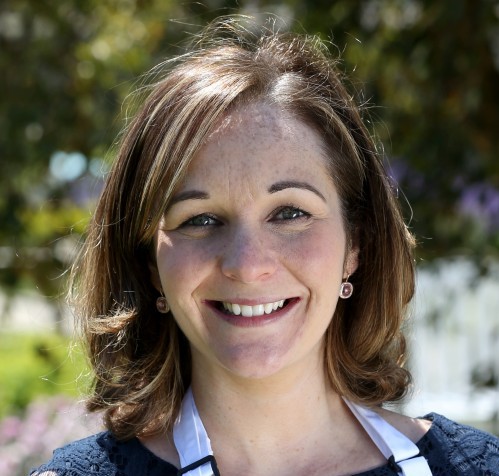When you deliver your baby, it is a good idea to put your baby to the breast straight away if this is possible in the delivery room. In these first few hours and days your baby will get a small amount of a nutrient and protein rich substance called colostrum. Your breasts have been producing colostrum since the fourth or fifth month of your pregnancy in preparation for these first few days after birth. Colostrum contains antibodies to protect your baby from infection and it is produced in very small amounts. Around day 3 or 4 the colostrum changes to mature milk and this is thinner and whiter and more abundant – this is often referred to as your milk ‘coming in’.
Remember, breast milk is produced on a demand and supply basis, so the more you put your baby to the breast, the more milk you will produce to feed him or her. It may be one of the most important jobs you ever do, so in the first few days and weeks, take time to sit down to feed your baby and allow others to help around the house or cook meals for the family.
When you are feeding, the first milk the baby gets is called fore-milk – it is quite watery and quenches your baby’s thirst. Then the hind-milk comes in which has more fat and calories to satisfy your baby’s hunger. It is important that your baby feeds for long enough to get the hind milk so allow the baby to feed for as long as they want on one side and then also offer them the other breast in case they are still hungry. Your baby may not need to feed from both breasts at one sitting but do offer both to be sure.
Young babies need frequent feeds so watch your baby and not the clock. As your baby grows the feeds tend to become quicker and more spaced out. As indicators that your baby is feeding well you can expect frequent wet and dirty nappies – and weight gain is also a very useful measurement of how well they are feeding. Many breast feeding support groups will weigh your baby and this gives great peace of mind when you know your baby is gaining weight and thriving.
If you have any concerns at any time, give your local Public Health Nurse or your GP a call for support. There may also be a breast feeding counsellor available in the hospital where your baby was born so do give them a call with any questions you may have.



